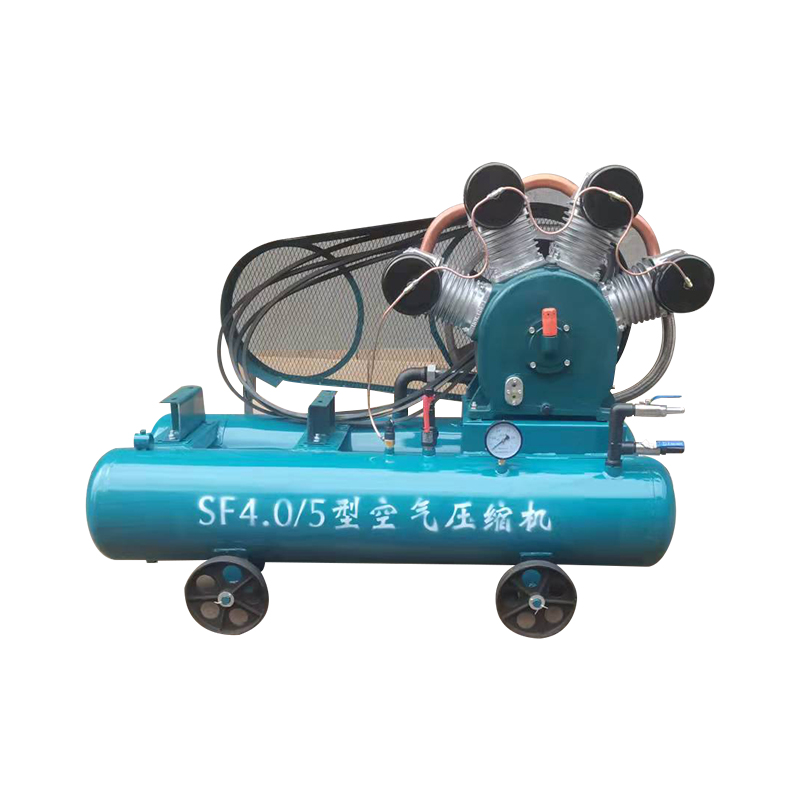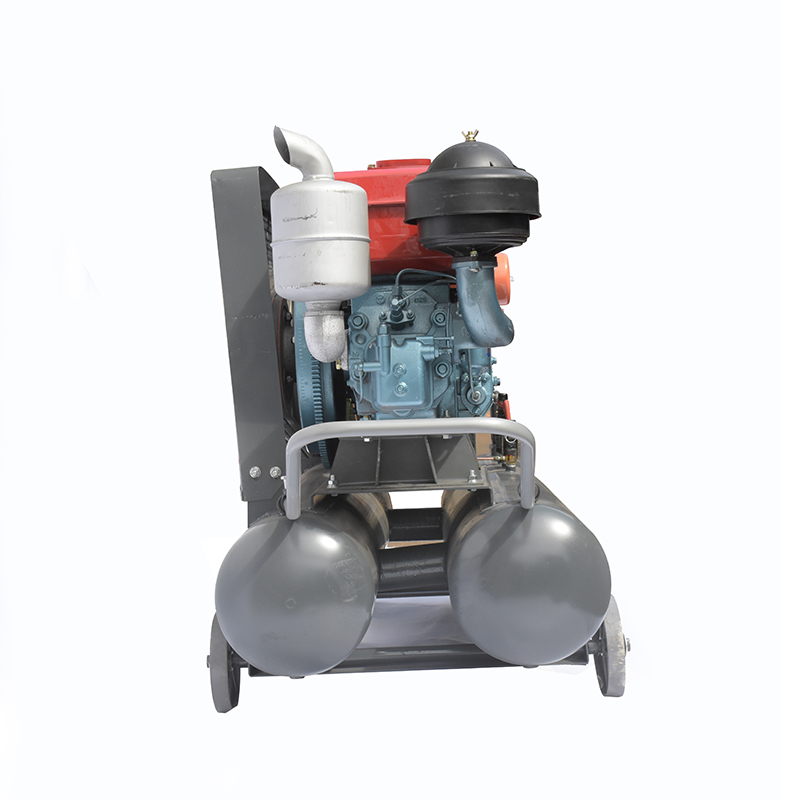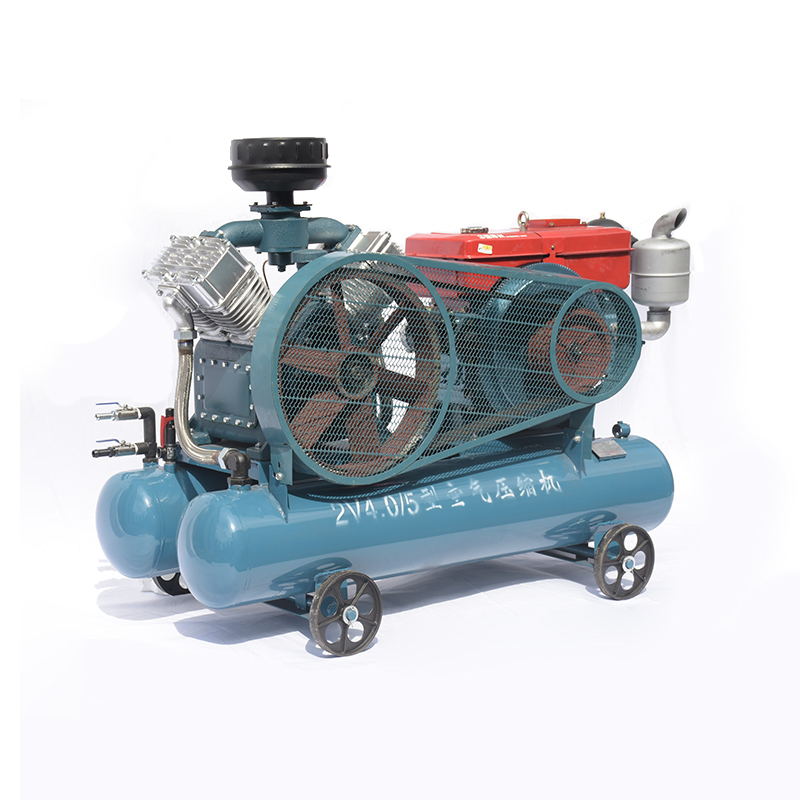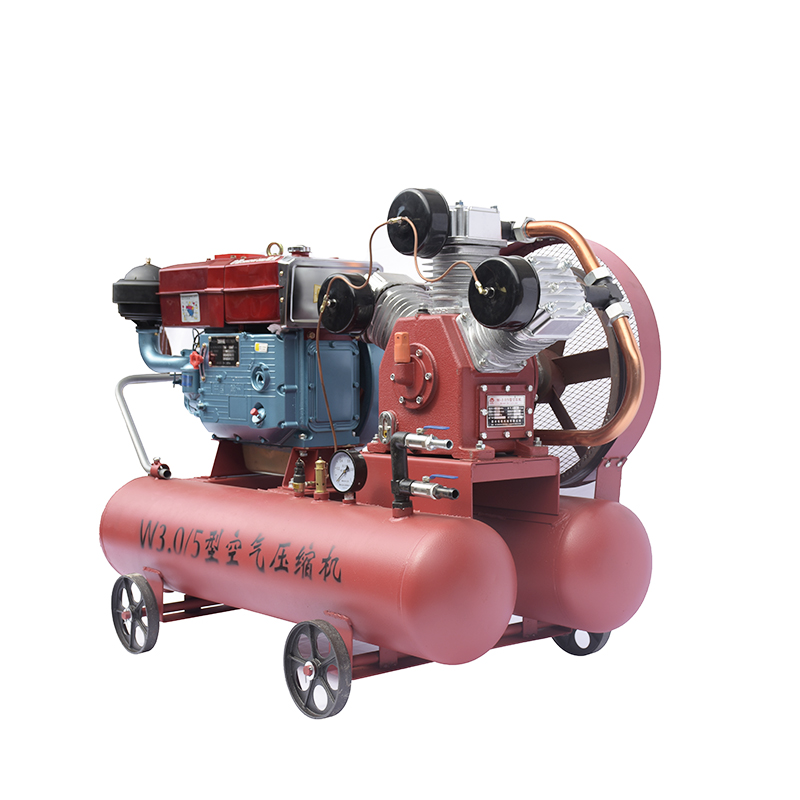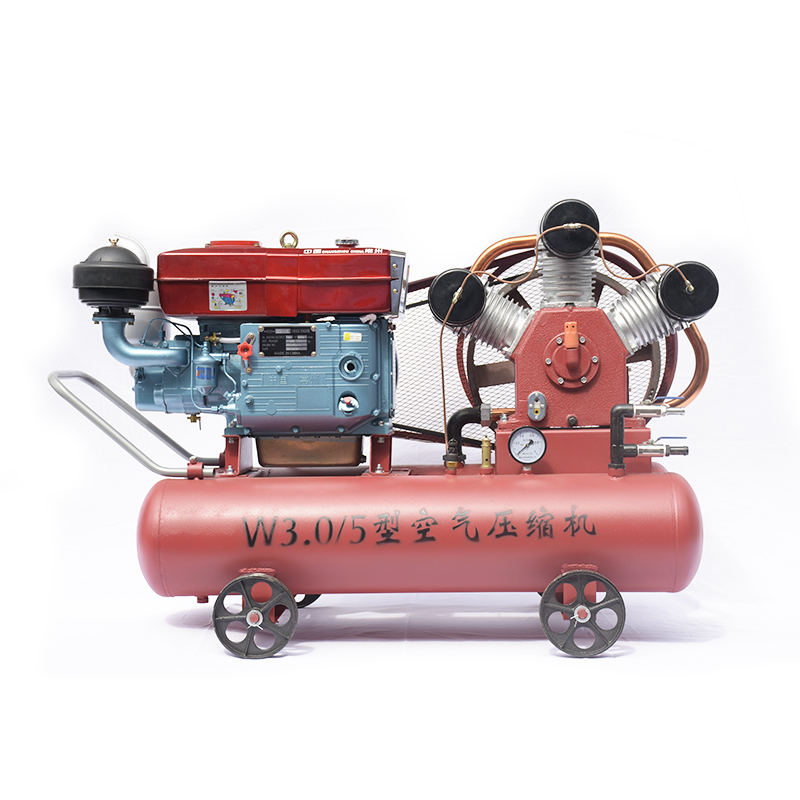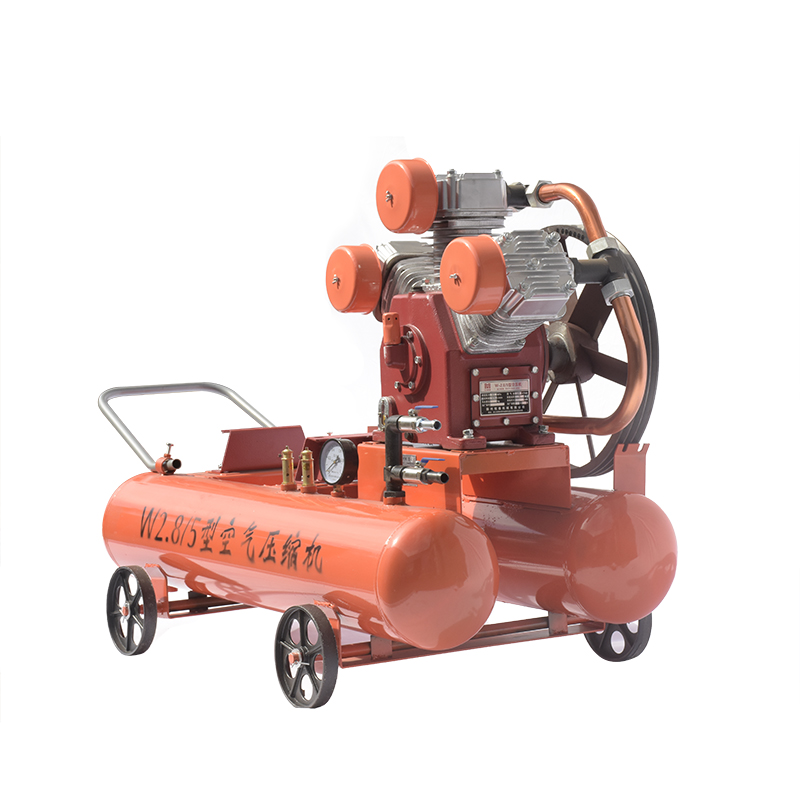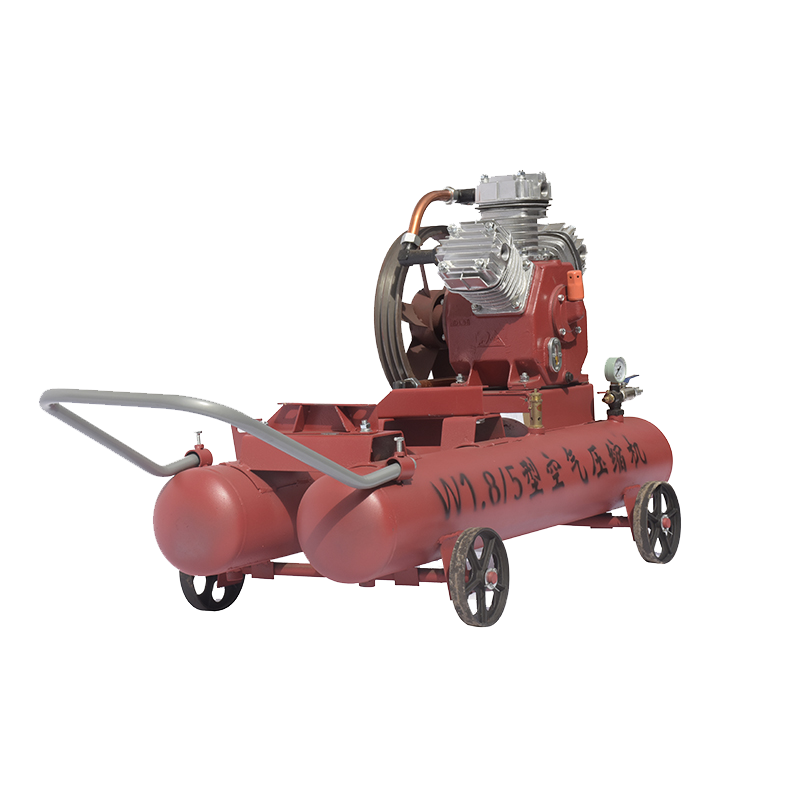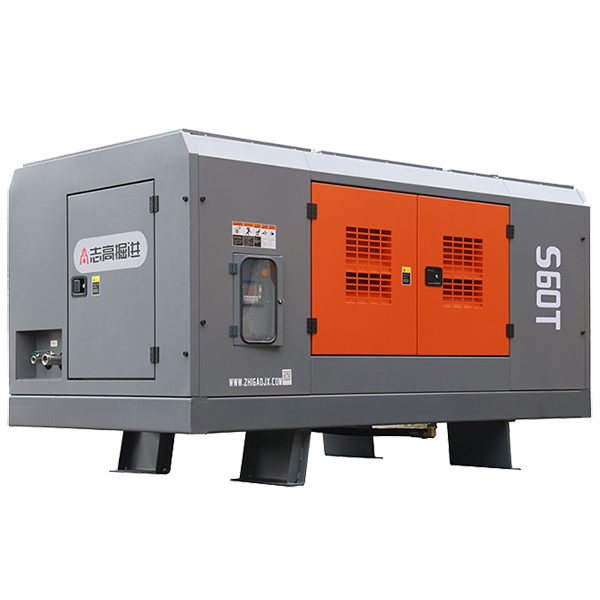A air compressor is a machine that takes energy and transforms it into potential power stored in pressurized air. This device compresses more air and forces it into a storage tank continually, until the pressure within it reaches its limit. At this point, the air compressor shuts off, leaving the pressurized air held in the container until needed. The force of the released air returns to atmospheric pressure and can be employed for many distinct purposes, making use of the energy it delivers.
How Much is it to Breathe Easier?
Price points for air compressors can differ substantially depending on the make, type, and specs. The cost of a portable one is commonly cheaper than its non-portable equivalent, beginning from about $100 and rising to upwards of $500. Industrial-grade air compressors can present a more extravagant expense, often nearing or surpassing several thousand dollars.
If you only need an air compressor occasionally, then a portable model should do the job well; however, if your use is more frequent or demanding, you may want to invest in a more solid and robust stationary unit. Make sure to evaluate your needs before making a purchase when shopping for an air compressor.
A Look at What Influences the Cost of an Air Compressor
In determining the cost of an air compressor, a plethora of elements must be taken into consideration, namely:
When it comes to air compressors, you’ve got choices: from the slender portables to the titanic industrial varieties. Price-wise, less complex and more mobile models are often the most economical, while those needing a hearty performance may opt for the sturdier and bigger options. Ultimately, your compressor pick is dependent on the task at hand.
Those searching for a powerful air compressor have three primary options to consider. Electrical units are often the most cost-effective, but those looking for a little extra zip may opt for a gas-powered model. If price is no object, diesel-powered compressors provide the ultimate performance.
Whether you’re looking for something small or something large, there is an air compressor tank out there for all your needs. From a modest 2-gallon capacity that fits nicely into compact spaces to the bulky and considerable 60+ gallon storage containers, the selection of sizes is vast. Prices increase depending on the size of the tank, so choose wisely.
Comparing levels of air pressure, less expensive models generate approximately 100 PSI while more exclusive compressors generate a minimum of 200 PSI. However, the cost of a compressor increases in proportion to its total PSI.
Air compressors come with a plethora of features, such as an automatic switch for shut-off, a pressure gauge, and a regulator. It is to be expected that models with numerous features will cost more than those with a limited amount.
Three Primary Types of Air Compressors Explored
Pumping and Compressing: An air compressor that utilizes a piston to force the air into a tank is referred to as reciprocating. Often more affordable than other forms of compressors, they’re a great choice for lighter tasks.
Rotary screw air compressors match two intertwining screws to squeeze air into a reservoir. Despite the fact that these machines come with a higher price tag than other systems, they serve up superior performance for tougher jobs while consuming less energy.
The most powerful of all types of air compressors, centrifugal varieties rely on an impeller to draw air into the unit and compress it. These machines may come at a higher cost, yet they offer optimal strength and performance.
Searching for an air compressor that is perfect for your requirements? Here are some tips that could help you make the right choice.
Deciding upon which air compressor will best suit your needs depends on the type of usage you envision. If your planned tasks are not very strenuous or consistent, then a smaller, convenient portable model should be able to suffice. However, if more frequent and heavy-duty application is the goal, then a larger and more reliable stationary compressor could be the wiser selection.
If you plan on utilising your compressor only occasionally, a tank that is on the smaller side should be considered. On the other hand, if the compressor is required for regular operation, it is wise to invest in a larger tank to eradicate the need for frequent stopping and starting of the machine.
When weighing up your power source, three options may come to mind. If affordability is your main concern, an electric compressor is likely to suit you best. Gas-powered compressors are the middle-ground option in terms of cost, and for the most pricey yet hard-wearing choice, consider a diesel-powered unit.
Post time: 2023-06-22


